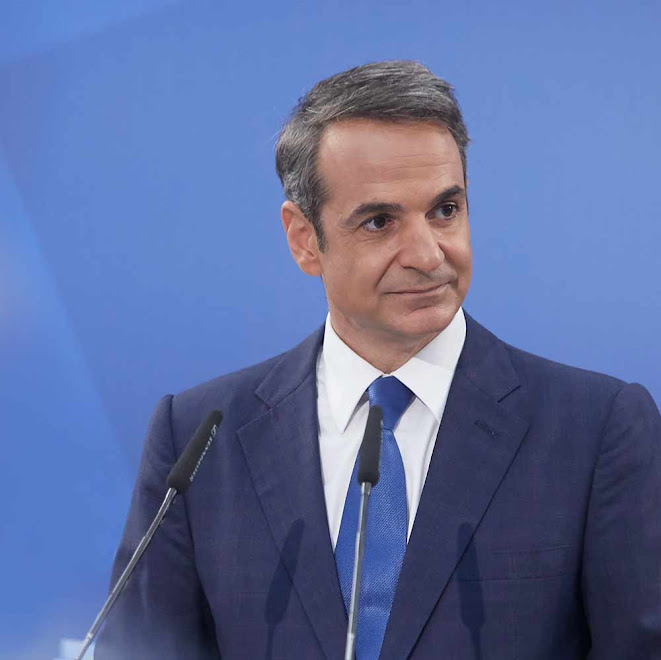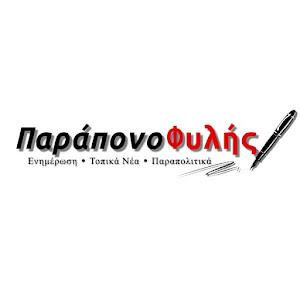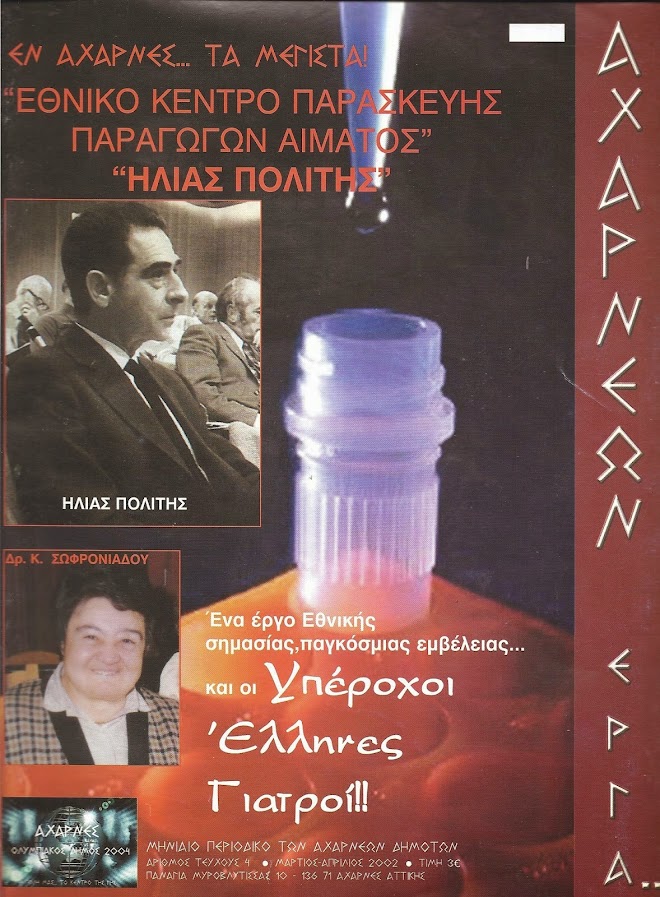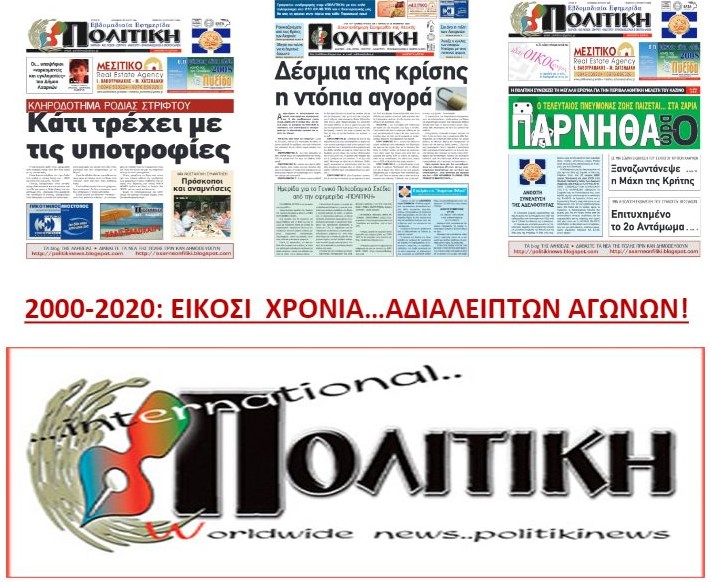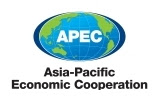
APEC Bulletin 20 February 2023
Small Business and Food Waste: Not a Small ProblemBy Aaron Sydor
Faced with a possible food crisis, economies must work together and take action to food waste … starting at the front line with MSMEs.
Conflict, supply disruption, rising prices, and shortages are all impacting food supplies globally. Just as we are nearing some form of recovery from the pandemic, we are now facing another global challenge in the form of a food crisis – and it’s likely to get worse.
The
United Nations World Food Program (WFP) tells us that this year 349 million people face acute food insecurity – an increase from 287 million people in 2021. It is a tragedy that when the world is “hungrier than ever,” as the WFP calls it, so much food goes to waste. One-third of food production, or 1.3 billion tons per year, goes to waste globally, according to the UN Food and Agriculture Organization. It is inconceivable, then, that we don’t make the most of the food that we have.
This is a regional problem that cannot be solved by individual economies acting on their own. It must be looked at with a wider lens, such as through bodies, like APEC, that promote regional economic cooperation. APEC members acknowledge that all areas of the agri-food value chain are interdependent and that there is a need for a whole-system approach.
Among the forum’s efforts to reduce food waste is the Food Security Roadmap Towards 2030 which aims to establish an open, fair, transparent, productive, sustainable and resilient APEC food system. This corresponds to the UN and other multilateral goals by taking action through the following avenues: digital transformation; productivity and international trade; sustainability; public-private partnerships; and inclusivity, especially in the inclusion of micro, small and medium enterprises (MSMEs) along the agri-food value chain.
For more on this topic, download
“Enhancing Green MSMEs’ Competitiveness for a Sustainable and Inclusive Asia-Pacific: Food Sector Waste Reduction in Food Supply Chain.”In my capacity as the Chair of
APEC’s Small and Medium Enterprises Working Group, I’d like to stress the importance of the latter: inclusivity and small business. MSMEs account for over 97 percent of all business in APEC economies and employ over half of the workforce. Any strategy for reducing food wastage will have to involve the wholesale participation of the region’s smaller businesses.
This is easier written than done. For one thing, fit-for-purpose data is scarce. No APEC economy has food waste data that is specific to MSMEs. And while all have policies and measures to address the problem of food waste, there are no large-scale direct MSME-food waste reduction targets, policies or plans. Few have tried to reduce MSME food waste in the retail food and the food service industries. Supermarkets, food storage facilities or warehouses in many APEC economies aren’t required to donate excesses.
Most entrepreneurs aren’t even aware of the problem, or underestimate its true cost. Those who do understand have limited options or capital, and are unable to find cost-effective solutions to create value out of food waste, and face problems with logistics and transportation. On top of this, there are few to no regulatory frameworks to guide them. From a technology perspective, a majority of APEC economies utilize modern technologies, including mobile applications, to reduce or manage MSME food waste/surplus food, but these modern technologies are used only by large companies in big cities.
Amid these challenges are an abundance of opportunity to help MSMEs reduce food waste. Training, policies and guidelines can aid them in improving profits by reducing costs and increasing the value added of food. They can reduce their carbon footprint, which enhances consumer demand, and divert waste to new products or bioenergy.
A November
study by the APEC Small and Medium Enterprises Working Group presents case studies, identifies the best available data on food waste for MSMEs, and identifies several best practices for economies in dealing with food waste through MSME policy.
In one section, the study’s authors analyze a case study of a successful MSME, and identify four key factors contributing to its successful reduction of food waste: 1) creating a network of people - e.g., community surrounding the farm; 2) using innovation and technology to facilitate farming and save time; 3) producing knowledge and providing it through several channels - e.g., a learning and training center, friendly guide books; and 4) considering the environment at every step of the process.
The paper, called
“Enhancing Green MSMEs’ Competitiveness for a Sustainable and Inclusive Asia-Pacific: Food Sector Waste Reduction in Food Supply Chain,” is extensive and easily doubles as a handbook for anyone interested in MSME food waste, or the problem of food waste in general. It is a great example of what can be achieved when economies combine knowledge and resources in the pursuit of keeping the region inclusive, prosperous, and fed.
#
Aaron Sydor is the Chair of the APEC Small and Medium Enterprises Working Group.
APEC Addresses Barriers for Women in Customs AdministrationsIssued by the APEC Sub-Committee on Customs Procedures
Palm Springs, The United States, 20 February 2023
APEC through its
Sub-Committee on Customs Procedures solidifies its commitment to advance gender equality and advance women’s economic empowerment in the region by addressing barriers for women in customs administrations.
“Supporting inclusion in women in customs and trade is a key priority for the Sub-Committee on Customs Procedures,” Kristie McKinney, Chair of the group said in her remarks at Advancing Gender Equality in APEC Customs Administrations workshop in Palm Springs last week.
“We need to take steps to address the gender equality challenge directly,” McKinney added. “This workshop highlighted the areas that we’re lacking and brought together member economies to discuss approaches to women's economic empowerment, explore current efforts to promote gender mainstreaming in customs administrations and identifying best practices and lessons learned for effective gender mainstreaming and inclusion.”
In 2019, APEC Ministers reiterated their commitment in ensuring greater integration and empowerment of women in the Asia Pacific region through the endorsement of the
La Serena Roadmap for Women and Inclusive Growth.
The roadmap seeks to encourage actions in areas that contribute to strengthening women’s labour participation, improving women’s leadership in all levels of decision making, supporting women’s education, training and skills development, as well as collecting sex-disaggregated data and improving analysis.
According to a recent survey presented at the workshop, women make up 34 percent of customs administrations senior leaders and around 35 percent of frontline operational roles. However, gender pay gap data ranges from 1 percent in favor of women to 16 percent in favor of men.
The survey also found that there is lack of sex-disaggregated data for many relevant areas for gender mainstreaming such as data for calculating pay gaps as well as pay grades.
Around ten APEC economies presented their measures to support gender equality in their respective organizations. Members also heard views from the World Customs Organization and the Oceania Customs Organizations.
“The goal is to create a foundation for future work in this sector by identifying the systemic barriers faced by women within customs and informing the responses to address these challenges,” explained Shisla Macleod from New Zealand’s Customs Service who oversees this
APEC-funded project.
“Measurement will be key to achieving gender equality in APEC customs administrations. At present there is no standard set of metrics across APEC customs administrations to understand the current state of gender mainstreaming and to measure progress,” Macleod added.
“Data gaps, especially the dearth of sex-disaggregated data, need to be addressed to allow effective and well-targeted policy interventions.”
In addition to data collection, strengthening inter-institutional cooperation within APEC through sharing of best practices and exploring joint initiatives are deemed crucial in advancing gender mainstreaming across the board.
“The survey results on gender mainstreaming in customs administration shows that there is still a lot of work to do in the APEC region across customs administrations,” said Carlos Kuriyama, Director of the
APEC Policy Support Unit when he addressed the participants at the workshop.
“In most APEC economies, the percentage of women in customs frontlines or in leadership positions is clearly lower than the percentages of men in similar roles, and many APEC economies have not implemented policies to ensure equal opportunities, guide women into leadership roles or provide measures to prevent any type of abuse,” he added.
The APEC Policy Support Unit produces the
APEC Women and the Economy Dashboard, which is updated every two years. This dashboard provides a snapshot of the levels of economic and social empowerment that women have achieved in the APEC region.
“Customs administrations across APEC economies play an important role in the economy and in development and, as such, can make an important contribution to APEC’s goals for gender equality and women’s empowerment,” Kuriyama concluded.
For further details, please contact:
Masyitha Baziad +65 9751 2146 at
mb@apec.orgMichael Chapnick +65 9647 4847 at
mc@apec.org










